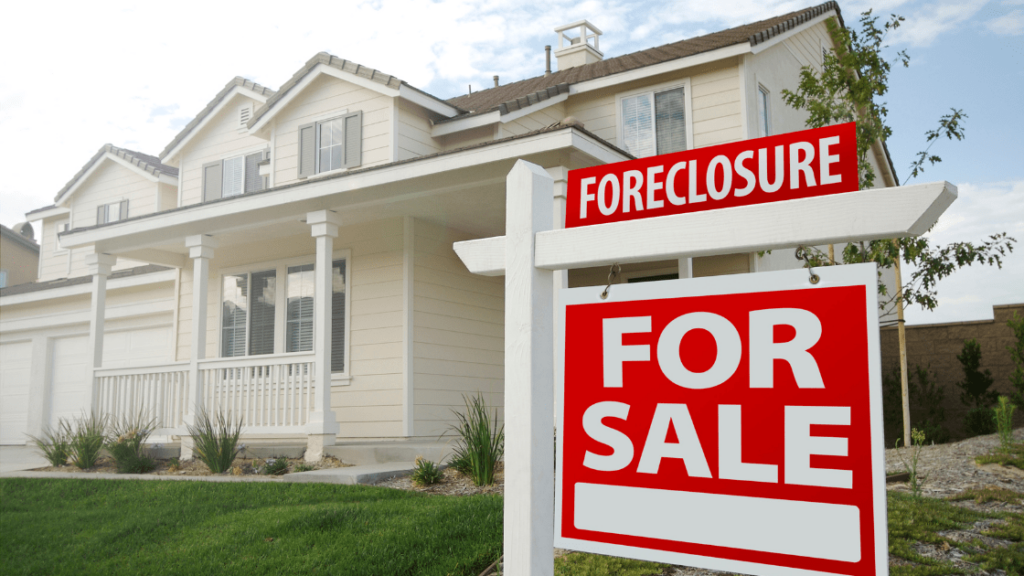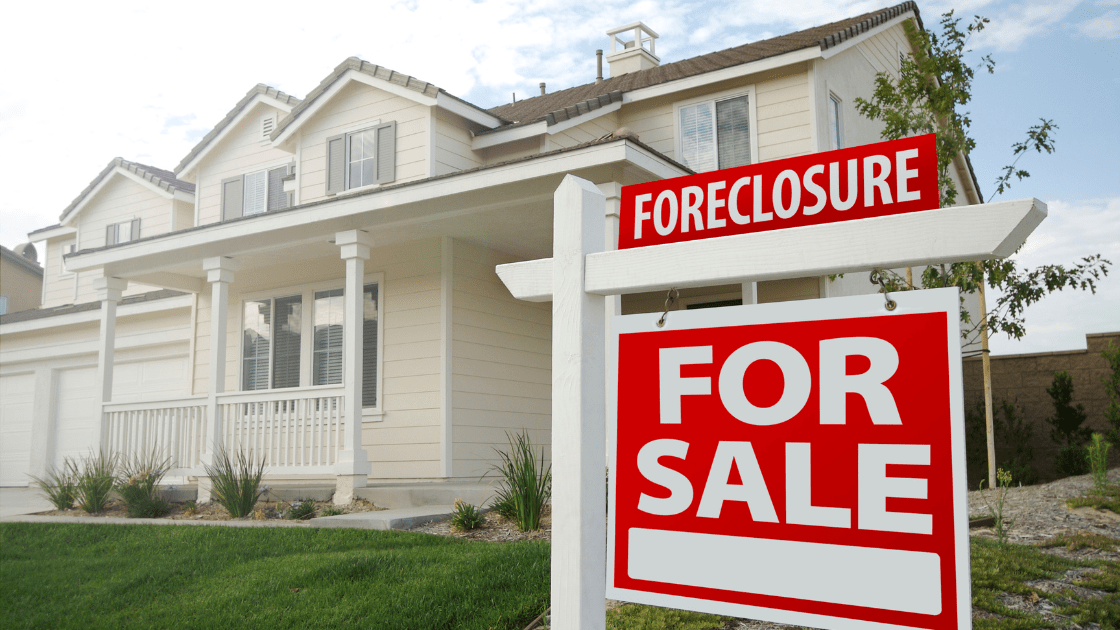
While someone’s personal debts will usually be written off when they pass away, the same cannot be said for secured loans. Secured loans, such as a mortgage, are attached to the asset (in this case real estate) just as much as to the person who took out the loan. If someone dies while their mortgage is ongoing, the mortgage still needs to be paid. If the executor of the estate does not do so, the mortgage lender will start the foreclosure process.
Can a bank foreclose on a house in probate?
Yes. The money lent to buy the home is secured on the home itself, meaning that the bank can foreclose on the property to recoup the money remaining on the mortgage (and no more).
The personal representative of the estate (also known as an executor) has a duty to avoid foreclosure on the property using all of the estate’s assets, either by liquidating other assets to pay the mortgage balance or selling the property.
If the mortgage was already in delinquency when the mortgage holder passed away, the executor may be unable to persuade the mortgage company to hold off on foreclosure.
What happens to mortgage payments during probate?
The estate must continue to pay the mortgage – the probate process itself does not halt or freeze the mortgage.
What happens if a bank forecloses on a house in probate?
If a bank forecloses on a house in probate, they will usually sell the home for less than market value at auction. The bank will then take the money they are owed and any remaining profit from the sale will be given to the estate.
In some cases, families intentionally let the bank foreclose on a home. This is usually because the house is “underwater,” meaning that the home is worth less than the mortgage remaining on it.
If the home is underwater, you should be aware that there are two different types of foreclosure: nonjudicial and judicial foreclosure.
Nonjudicial foreclosure means that the bank can only recoup losses from the sale of the property.
Judicial foreclosure means that they can “preserve the option” to recover any remaining balance after the sale of the property from the estate.
In almost all cases, it’s best to take action to ensure the home is not foreclosed on.
How can you avoid foreclosure on a house in probate?
Ensure the estate (or the family) continues the mortgage payments.
The easiest way to avoid foreclosure is to simply ensure the mortgage payments are still being made. The personal representative (executor) of the estate can continue the mortgage payments using the estate’s money, provided there are available funds to do so.
You’ll need to let the lender know that the mortgage holder has passed away, and in most cases, they will simply allow things to continue until probate is complete. Make sure you request any current loan documentation so you know the exact balance remaining on the mortgage.
If the estate cannot cover the mortgage payments, the family can usually choose to cover the payments until probate is complete.
Request an injunction
If the estate does not have enough liquid assets to pay off the overdue balance, you can request an injunction to either:
- Provide you with a reasonable amount of time to liquidate illiquid assets (such as cars, other real estate, and investments with a long withdrawal period)
- Provide you with a reasonable amount of time to sell the house
You should be able to simply talk to the lender and request either of these options first, and most lenders will give you a reasonable time frame without an injunction. However, in cases where they won’t, you can ask your attorney to get an injunction to halt foreclosure so you have a reasonable timeframe to rectify the situation.
Seek loan modification
If there is a clear inheritor of the home, you may be able to take ownership of the property and request loan modification or get a new mortgage to pay off the old one. This isn’t always easy and requires good credit, but can be a good option if you want to inherit the home to live in or rent out.
Selling a Home to Settle a Mortgage During Probate
Often, selling a home that’s included in probate is the best way to ensure the mortgage is settled. The executor of the estate must have the house appraised before they can put it up for sale. This is because probate courts require the executor to get at least 90% of the property’s appraised value.
In an informal probate process, this is relatively straightforward. The executor must file a petition for a “license to sell” with the court and then the house can be put up for sale. The house must be listed as a probate sale so buyers know that it can only be sold after the court agrees to the sale. Once you’ve got an offer, a confirmation hearing takes place within 40 days of filing. The buyer must have a 10% deposit at this hearing.
The sale must then be advertised in a local newspaper, mentioning the offer, to allow any other potential buyers to come forward and make a bid at the court hearing. At the conclusion of this hearing, the highest bidder will be confirmed as the final buyer and the executor can complete the sale.
If the probate process is formal, you can still sell the property, it can just take a lot longer since every step of the real estate sale must be approved by the court. The executor will need an attorney to help them complete the sale since there are such stringent requirements.
Selling a House During Probate in Massachusetts? We Can Help
Selling a home during probate is often stressful, especially if the mortgage lender is breathing down your neck with the threat of foreclosure. Whether you plan to sell through a realtor or looking for a quick sale, we can help. We’re a licensed real estate agent and buy homes for cash in Massachusetts, so we can help guide you whatever your goals are. To find out more or to contact us for advice, click here.

